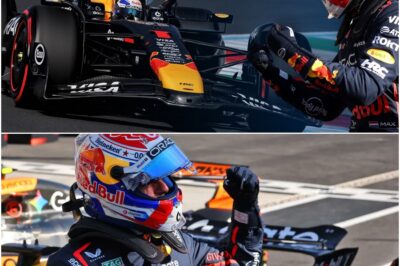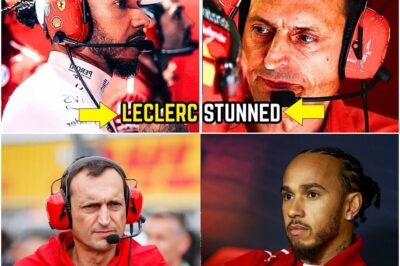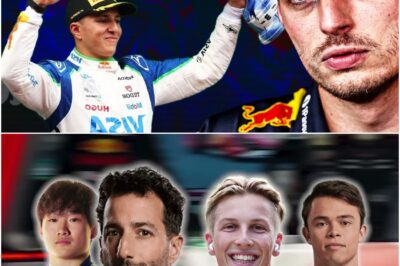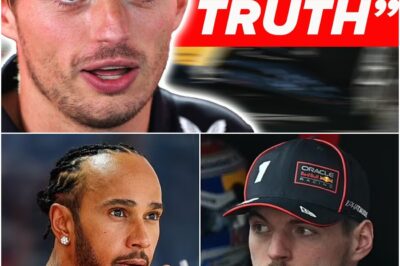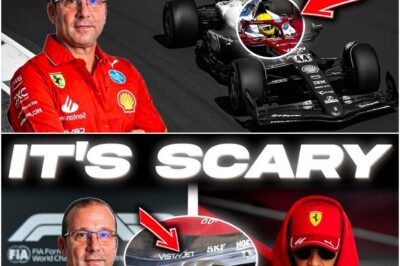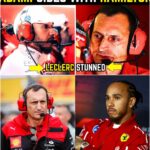Michael Schumacher: Ruthless Genius or Unsporting Champion?
In Formula 1, there are drivers who fill the grid, drivers who win, and the rare few who redefine what winning demands. Michael Schumacher was the latter two. He didn’t just collect victories — he industrialized them. He built dynasties at Benetton and Ferrari, set records that once seemed untouchable, and raised the bar for preparation, professionalism, and sheer intensity.
And yet, his legacy is inseparable from a series of controversies that hardened his image as ruthless, polarizing, and, to some, unsporting.
To critics, Schumacher normalized the “dark arts” of Formula 1: deliberate-looking collisions, rule-bending interpretations, and a culture of absolute obedience within his teams. To admirers, he embodied the essence of elite competition — exploiting every inch of the gray areas the rulebook left open.
This tension makes Schumacher’s career one of the most compelling stories in motorsport history. At its core lies a simple, uncomfortable question: how far is too far when your job is to win?
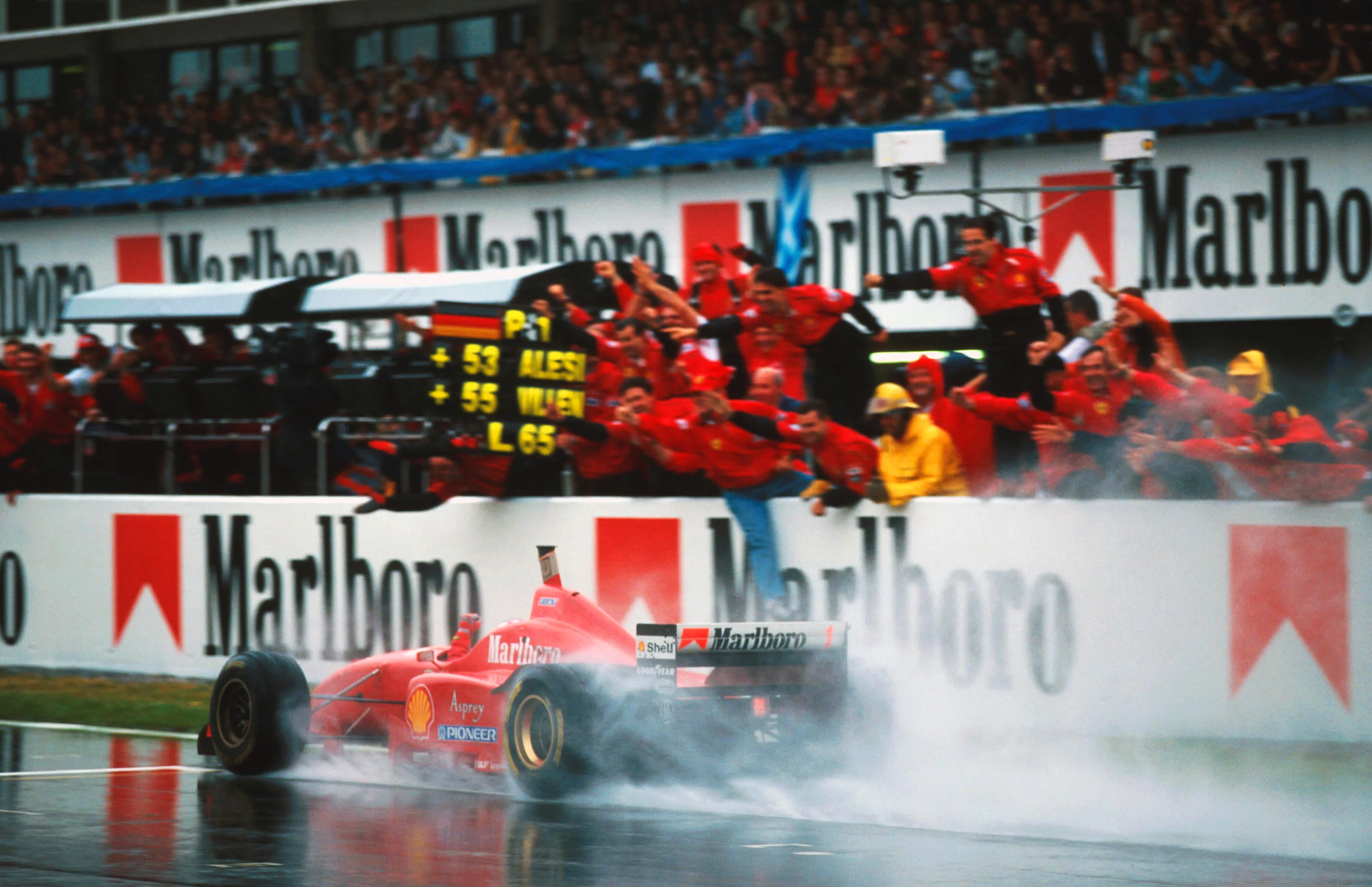
The Benetton Years: Birth of a Reputation
Schumacher arrived in Formula 1 in 1991 and quickly found a home at Benetton. His rise coincided with one of the sport’s most turbulent regulatory periods, particularly the 1994 season — a year that became central to how he would be perceived.
Benetton faced investigations over suspected use of banned electronic aids, with code traces suggesting hidden traction or launch control software. The team insisted the features existed but were not enabled. Separately, their modified refueling rig — missing a filter element to speed up stops — was implicated in Jos Verstappen’s fiery pit lane accident at Hockenheim.
Layered onto this atmosphere of suspicion were Schumacher’s own penalties. At Silverstone, he ignored a stop-go, drove past a black flag, and was banned for subsequent races. At Spa, a dominant win vanished when his skid block wear exceeded the limit. None of these episodes proved Schumacher himself had cheated, but together they painted him as the spearhead of an outfit willing to push legality to the edge — and beyond.
That perception crystallized in Adelaide, the 1994 title decider. Holding a one-point lead over Damon Hill, Schumacher clipped a wall, damaging his car. Hill immediately attacked at the next corner. The two collided, both retired, and Schumacher emerged as world champion.
Was it desperation or a calculated “if I can’t make it, neither can you” maneuver? Officials called it a racing incident, but the optics were damning. To many, it looked like a driver weaponizing contact to secure the ultimate prize. From then on, every aggressive move Schumacher made was judged against that template.
Jerez 1997: The Asterisk Grows
Three years later, the suspicion resurfaced in even starker fashion. The championship had again gone down to the wire, this time against Jacques Villeneuve. When Villeneuve attempted a pass at Jerez, Schumacher turned in, made contact, and retired on the spot. Villeneuve carried on to win the race — and the title.
This time, the stewards did not equivocate. Schumacher was disqualified from the entire championship classification. The sanction was unprecedented, a formal declaration that his move was intentional and unacceptable.
If Adelaide 1994 could be framed as messy and ambiguous, Jerez 1997 looked premeditated. Two title-deciding collisions in three years — both with Schumacher as the would-be beneficiary — left even his defenders struggling to justify his actions.

The Ferrari Dynasty: Greatness and Control
When Schumacher joined Ferrari in 1996, he began building one of the most dominant operations in Formula 1 history. Alongside Jean Todt, Ross Brawn, and Rory Byrne, he transformed Ferrari from a fading giant into a relentless winning machine.
But the ruthlessness didn’t leave him. On-track, he perfected the aggressive “startline chop,” a swift swerve to block rivals off the grid. Legal at the time, it intimidated opponents and dictated the first corner. To some, it was brilliant racecraft; to others, it was intimidation at 300 kph.
Then came Austria 2002, a moment that still lingers in F1’s collective memory. Rubens Barrichello, after a superb race, was ordered to pull aside on the last lap and let Schumacher win. Barrichello complied, the crowd booed, and even Schumacher looked uncomfortable on the podium. The episode symbolized Ferrari’s institutionalized hierarchy — one that reduced teammates to subservience in service of Schumacher’s title push.
The backlash was so severe that team orders were formally banned the following season. For critics, it was proof that Ferrari would sacrifice even sporting integrity to consolidate Schumacher’s dominance.
Other flashpoints reinforced this reputation:
Britain 1998: serving a stop-go penalty by crossing the line through the pit lane at reduced speed — legal, but exploitative.
Monaco 2006: stopping at Rascasse in qualifying, widely judged deliberate, to block rivals’ flying laps.
Hungary 2010: squeezing former teammate Barrichello so hard against the pit wall that he nearly crashed at 300 kph.
Each incident added to the narrative: Schumacher would always find — and take — the option most drivers would reject.
Ruthlessness as a System
What made Schumacher unique was not just individual acts of gamesmanship, but the system he built around himself. Ferrari’s success was not accidental; it was engineered around Schumacher’s feedback, conditioning, and technical demands. Unlimited testing of that era allowed him to shape the car to his exact style.
Bridgestone tires were developed with his input, giving Ferrari a decisive edge in tire wars. Teammates were carefully chosen to support rather than challenge. Strategies revolved around him. This was a driver who didn’t just race — he turned the entire operation into an extension of himself.
Was that ruthless? Undeniably. Was it also elite leadership? Absolutely. The line between the two depends on whether you see Formula 1 as a pure meritocracy or a sport with unwritten codes of fairness.

Context and Comparisons
It is important to remember the era. The late 1980s and early 1990s had already seen title deciders marred by collisions — most famously Ayrton Senna and Alain Prost at Suzuka. Stewarding was less codified, in-car data less pervasive, and the definition of “unsporting” far looser.
Schumacher didn’t invent ruthlessness. He professionalized it. His combination of preparation, fitness, technical mastery, and sheer willpower redefined what it meant to be a Formula 1 champion.
His empire at Ferrari produced five consecutive world titles, broke records once thought untouchable, and instilled an aura that defeated rivals before the lights even went out.
The Split Legacy
And yet, alongside the genius lies a bill of charges difficult to ignore:
The Adelaide 1994 clash that secured a title.
The Jerez 1997 collision that earned disqualification.
The Austria 2002 team orders fiasco.
The Monaco 2006 “parked car” incident.
The Hungary 2010 squeeze that endangered a rival.
Each moment feeds into the tension at the heart of Schumacher’s legacy.
If you believe competition is about exploiting every advantage, Schumacher was the purest expression of that philosophy. If you believe racing requires an unwritten social contract, he broke it too often to be celebrated unconditionally.
Both readings are valid, and both are grounded in real events. That duality is why his legacy still provokes fierce debate years after his retirement.
Greatness with an Asterisk
Michael Schumacher was the hardest, most all-consuming competitor of his generation. He redefined preparation, professionalism, and the role of a driver in shaping a team. He also left behind a catalogue of moments many fans and rivals consider unsporting.
His greatness cannot be denied. Neither can the controversies. Both are baked into the same career, the same titles, the same man.
In the end, Schumacher showed what happens when talent, work ethic, and ruthlessness align without compromise. The record books display what he won. The controversies explain what it took. And the debate over whether it was worth it is precisely why his story still matters.
News
“Red Bull’s Monza Miracle: From a Disastrous Weekend to Shockingly Seizing Pole Position”. Here’s the incredible story of Red Bull at Monza: From a disappointing weekend to a surprise pole position, what did the team do to turn things around so dramatically?
Max Verstappen’s Pole Position and the Road to Monza Glory: Can He Convert His Success into a Race Win? As…
Ferrari’s Astonishing Turnaround: Hamilton and Adami Take P1, Shocking Leclerc! What was once thought impossible became a reality as Hamilton and Adami claimed P1, leaving Leclerc in a state of shock. This surprising twist has caught the F1 world off guard and sparked fierce debate over Ferrari’s future.
Monza 2025: Hamilton’s Red Revolution and Ferrari’s Internal Struggle Monza — Ferrari’s hallowed home turf — is the backdrop for…
Lando Norris’ dream of becoming F1 champion in 2025 is not over yet. Despite fierce competition, he still has a shot. What steps must he take to secure the title, and could he pull off the ultimate upset in the final races of the season?
How Lando Norris Can Still Win the 2025 F1 Title: A Realistic Breakdown Formula 1 seasons rarely fail to deliver…
Max Verstappen’s reaction to Red Bull’s disastrous performance has sent shockwaves through the paddock. Furious at his team’s lack of preparation, Verstappen makes it clear that frustration is at an all-time high. Is this the breaking point for the reigning champion and his relationship with Red Bull?
Max Verstappen’s Frustrations with Red Bull and Racing Bulls: A Closer Look at the Current F1 Drama Max Verstappen, the…
Ferrari Transfer Drama: Max Verstappen’s SHOCKING Response to the Rumors and Hamilton’s HORRIBLE 2025 Season Forecast: Max Verstappen breaks his silence on the ongoing Ferrari transfer speculation, alongside his bold take on Lewis Hamilton’s future in Formula 1. Will 2025 really be Hamilton’s worst season ever?
Max Verstappen, Lewis Hamilton, and Ferrari: The Unfolding Drama at Monza The Monza Grand Prix is more than just another…
After a dramatic qualifying session at the Monza GP, Ferrari engineers have detected a critical issue in Hamilton’s car that could have major implications for the rest of the weekend. What exactly did they find, and how might it affect his race strategy and chances of victory?
Ferrari’s Game-Changing Discovery at Monza: The Road to 2025 Glory Monza 2025 will go down in history not only as…
End of content
No more pages to load

